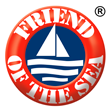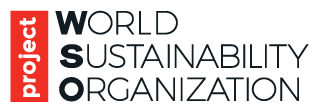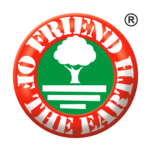The Cooperative Fishery Organization (CFO) has successfully undergone Friend of the Sea audit for sole, turbot, dab, cod and brill fished in the ICES Areas IV b and c and in the Dutch coastal waters and its products can now carry the international sustainability seal of approval.
The Producers Organizations who are member of the CFO operates in accordance with the Dutch national and EU requirements and with the code of Conduct for responsible Fisheries.
The fishery uses only gillnets and trammel nets with no impact on the seabed. It operates most of the times 10 miles from the coastal line, respectful of the spawning and nursery ground.
All discards and by-catches are reported and negligible. Databases are regularly inspected by the authorities. Official data records all fishing vessels movements and operations. Authorization must be requested before the vessels leave to the fishing area and when they get back to the harbor to unload the catch.
“Friend of the sea certification represents an important added value for our products” explains Jaap Hennekeij, Chairman of the Cooperative Fishery Organization “and we are proud to have obtained this important acknowledgment”.
For more information, please contact:
Founder and Director – Mr Paolo Bray
Friend of the Sea
info@friendofthesea.org
http: www.friendofthesea.org
Chairman – ing. J.I. Hennekeij
Cooperative Fishery Organization
www.cvo-visserij.nl
info@cvo-visserij.nl
Friend of the Sea
Friend of the Sea is an international non-profit certification scheme for products from sustainable fisheries and aquaculture. Certified products are fished from not overexploited nor IUCN Redlisted stocks and with selective methods which do not impact the seabed. Those originate from aquaculture are reared with respect of critical habitat, with no use of antifoulants, GMOS and growth hormones.
Over 300 companies in 50 countries worldwide have relied on Friend of the Sea to certify the sustainability of the origin of their products. An estimated 40% of applications either do not qualify for audit (eg: because targeted stock is officially overexploited or data deficient) or else they do not pass the actual onsite audit (for non conformity with other requirements). Selectivity provides further assurance to consumers on the reliability of the certification. Nowadays 70 different species are available on the market with Friend of the Sea seal of approval.



